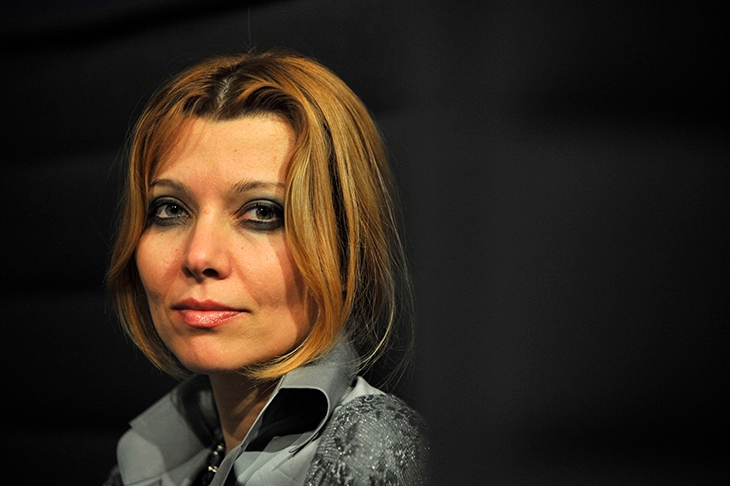It was the week after New Year’s Eve, strings of fairy lights still dangling from the trees and silver stars decorating the windows, when they discovered the dead birds. Dozens, at first. Then more. Four thousand, six hundred and twenty-eight in total. Goldfinches, greenfinches, bullfinches, skylarks, reed buntings, yellowhammers, grey wagtails and red-throated pipits — those long-distance migrants with their rusty breasts and high-pitched songs, cut short.
The Slovenian officer who made the discovery was a wisp of a man with soft brown eyes and a halo of grey-white hair. His name was Marko. He had been working at this post for the past five years, this border that was no longer a real border, just a formality of paperwork and protocol, but in Europe you never knew what the future might hold — old frontiers could be drawn afresh, new frontiers could shift unexpectedly, he always thought, because on this continent the past was never simply the past. Around here, history resembled an annoying relative you could avoid visiting but never fully disown.
His eyesight had deteriorated recently, which he mentioned to no one. Not to his colleagues, not to his wife. He had no trouble reading the number plates of trucks coming and going; it was the shorter distances that strained his vision. So when he first saw the tiny lifeless bodies, lined row upon row, he mistook them for ornaments. He had seized a similar contraband many moons ago, back when he was young enough to believe he could make a difference in this world. Inside a wooden crate, he had discovered antique brooches and Fabergé eggs, neatly arrayed in secret departments, gleaming like fireflies in the dark. It had quickly become apparent that they belonged to the wife of a Central Asian ruler notorious for incarcerating potential rivals, silencing the media and crushing the opposition, but feted in the West for being a reliable ally.







Comments
Join the debate for just £1 a month
Be part of the conversation with other Spectator readers by getting your first three months for £3.
UNLOCK ACCESS Just £1 a monthAlready a subscriber? Log in